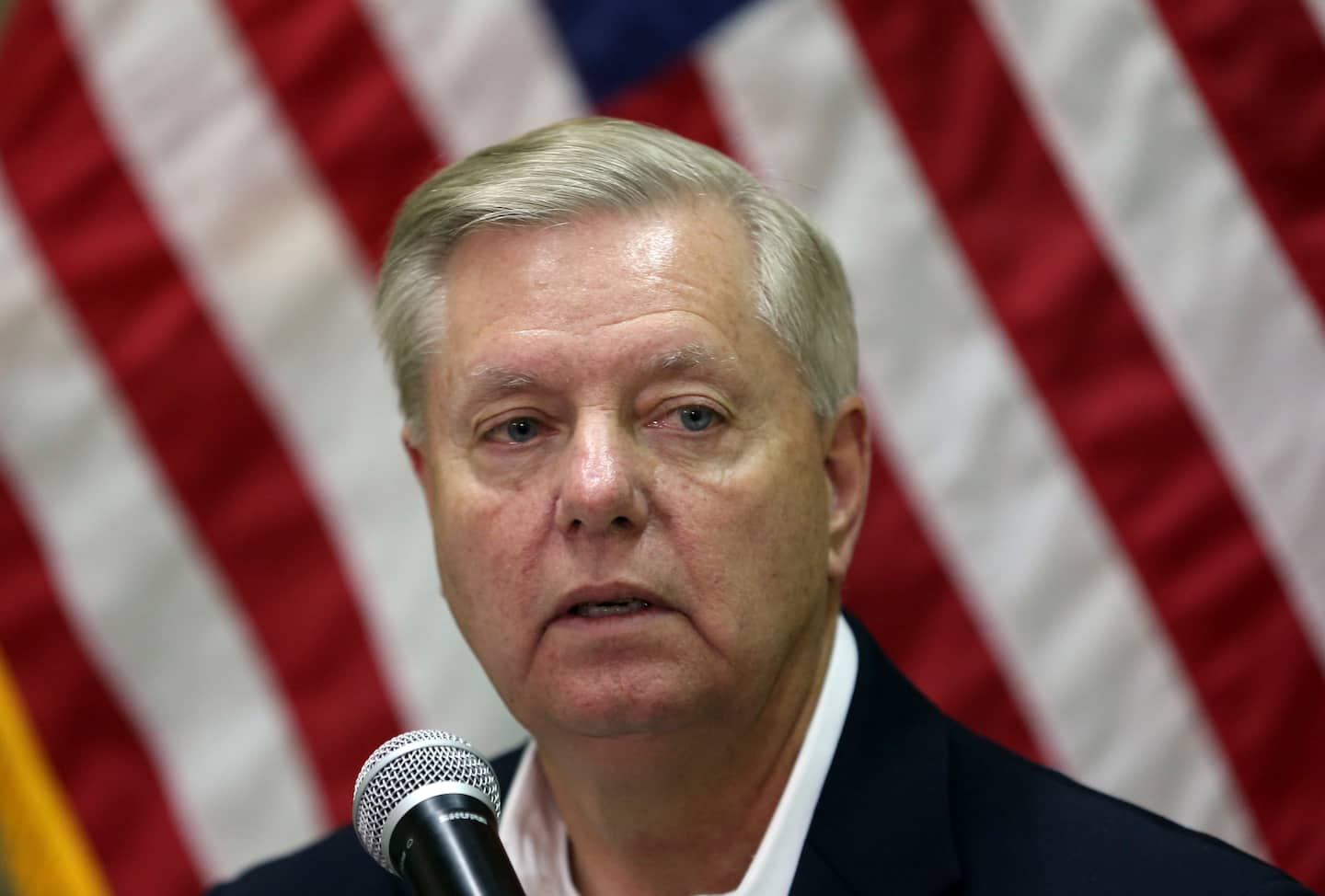Biden’s Afghanistan withdrawal is a moment of truth — and a potentially humbling one — for GOP hawks

Biden, though, is reportedly firm on this. All troops will be out by Sept. 11, according to officials, regardless of conditions on the ground. The delayed excuses we have seen for years apparently no longer apply (though we shall see).
It’s a momentous decision, even compared with previous presidents’ efforts. It also signals a turning point for the apparently waning influence of foreign policy hawks in Washington.
There are many ways in which Trump changed our politics. One is in how he turned his party in a more populist direction, creating an increasing rift between Republicans and the business community that is turning into a chasm today. Another is in the explosion of spending we saw on his watch, which has undermined Republican efforts to lodge any kind of tea party-esque campaign against the huge price tags of Biden’s coronavirus relief and infrastructure and jobs packages.
Whatever one thinks of Trump, he delivered on his promise to shake up Washington. The partisanship that we saw for many years still looms large, but the relative positions of the parties on some key issues were altered in apparently lasting ways.
Now we confront another area in which Trump has apparently changed the political paradigm in Washington: when it comes to actually withdrawing from the Middle East.
Even when Trump announced this was his plan, many Republicans pushed back. Indeed, foreign policy was one of few issues on which Republicans often found their voice in speaking out against him. From Iraq to Saudi Arabia and Yemen to Trump’s Syria withdrawal and its impact on the United States’ Kurdish allies, Trump often had more support among the more isolationist wing of the congressional Democratic Party than in his own.
But the practical impact of all of it was to create a far less cohesive and potent conservative movement behind the hawkish foreign policy that had reigned supreme in the GOP since the Sept. 11, 2001, attacks on the United States and the beginnings of the Iraq and Afghanistan wars. While Democratic opposition to the Iraq War built steadily and became overwhelming in the Democratic Party by the late George W. Bush years, Republicans clung to a more hawkish approach and then doubled down when Obama was the one pushing for an exit from the Middle East.
The GOP pushback on reports of Biden’s decision when they landed Tuesday were much more modest. Many of the usual suspects issued strong statements. Senate Minority Leader Mitch McConnell (R-Ky.) called it “a retreat in the face of an enemy.” Sen. Lindsey O. Graham (R-S.C.) labeled it “insane,” “dumber than dirt and devilishly dangerous” and warned that it could presage another 9/11. Sen. James M. Inhofe (R-Okla.), who until recently led the Senate Armed Services Committee, said it was “a political decision on something where there isn’t any justification.” Rep. Michael McCaul (R-Tex.), another former chairman of a relevant committee in the House, said it “shows a complete disregard for the realities on the ground.” All of them were also critical of Trump’s announcements.
But to this point, there is hardly unified GOP pushback. Sens. Josh Hawley (R-Mo.), Ted Cruz (R-Tex.) and Mike Lee (R-Utah) all offered varying degrees of praise. Adding her name to that list Wednesday morning was Sen. Cynthia M. Lummis (R-Wyo.). Indeed, if you look at how Republican senators are breaking on this right now, there’s a pretty even split.
All of this could change when Biden officially makes the announcement, but to the extent that the earliest to weigh in feel the most strongly and could control the debate, there’s a notable split in the Senate GOP. Even these Republican senators who favor a withdrawal could have taken issue with specific aspects of it, including the apparent lack of a conditions-based approach, or been more circumspect in waiting for the announcement.
It doesn’t mean the majority of Republicans in the Senate or especially the House will wind up supporting the decision, but early indications are that the more hawkish wing of the party isn’t nearly as dominant or forceful as it once was. Part of that undoubtedly owes to fatigue over a 20-year war, but four years of Trump pushing an “America First” agenda and the antiwar sentiment it contributed to among the GOP base is also undoubtedly a factor.
Biden is embracing what was effectively a Trump policy (albeit one that the Obama administration in which he served also promoted). Republicans, as with many other things, are left to figure out precisely what they are as a party now, with no obvious, cohesive answer.






